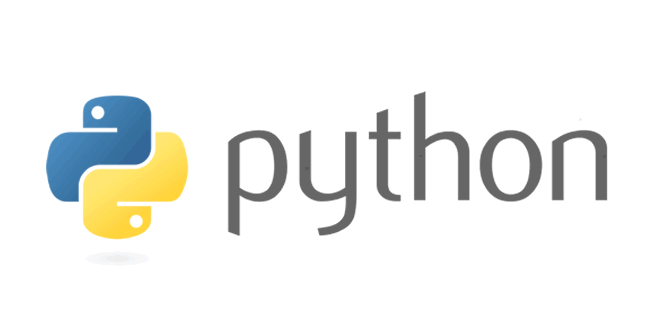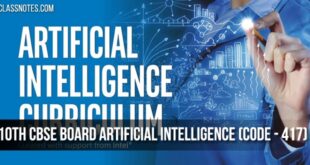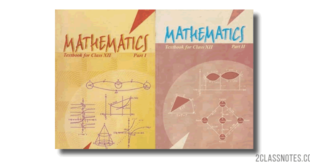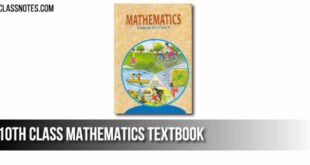Class XI Computer Science Theory Syllabus (083): Python
admin
June 8, 2022
11th Class, Computer Science, Syllabus
3,424 Views
| Unit No. |
Unit Name |
Marks |
| 01. |
COMPUTER SYSTEMS AND ORGANISATION |
10 |
| 02. |
PROGRAMMING AND COMPUTATIONAL THINKING – 1 |
35 |
| 03. |
DATA MANAGEMENT – 1 |
15 |
| 04. |
SOCIETY, LAWS AND ETHICS -1 |
10 |
|
Total Marks |
70 |
|
Exam Duration: 03 Hours |
|
Class XI Computer Science Syllabus: Python
Unit No. 01: COMPUTER SYSTEMS AND ORGANISATION
(10 Theory + 02 Practical) Periods
- Basic computer organisation: description of a computer system and mobile system, CPU, memory, hard disk, I/O, battery, power.
- Types of software: application, OS, utility, libraries.
- Language of Bits: bit, byte, MB, GB, TB, and PB.
- Boolean logic: OR, AND, NAND, NOR, XOR, NOT, truth tables, De Morgan’s laws
- Information representation: numbers in base 2, 8, 16, unsigned integers, binary addition
- Strings: ASCII, UTF8, UTF32, ISCII (Indian script code)
- Execution of a program: basic flow of compilation – program • binary • execution
- Interpreters (process one line at a time), difference between a compiler and an interpreter
- Running a program: Notion of an operating system, how an operating system runs a program, idea of loading, operating system as a resource manager.
- Concept of cloud computers, cloud storage (public / private) and brief introduction to parallel computing.
Unit No. 02: PROGRAMMING AND COMPUTATIONAL THINKING – 1
(60 Theory + 45 Practical) Periods – Class XI Computer Science Syllabus
- Basics of Computational Thinking: Decomposition, Pattern Recognition / Data representation, Generalization/ Data Abstraction and algorithm.
- Familiarization with the basics of Python programming: a simple “hello world” program, process of writing a program (Interactive & Script mode), running it, and print statements; simple data-types: integer, float, string
- Features of Python, Python Character Set, Token & Identifiers, Keywords, Literals, Delimiters, operators.
- Comments: (Single line & Multi line/ Continuation statements), Clarity & Simplification of expression.
- Introduce the notion of a variable, and methods to manipulate it (concept of L-value and R-value evenif not taught explicitly).
- Knowledge of data types and operators: accepting input from the console, assignment statement, expressions, operators and their precedence.
- Operators & types: Binary operators-Arithmetic, Relational operators, Logical operators, Augmented Assignment operators.
- Conditional statements: if, if-else, if-elif-else; simple programs: e.g.: absolute value, sort 3 numbers and divisibility.
- Notion of iterative computation and control flow: for (range( ), len( )), while, flowcharts, suggested programs: interest calculation and factorials etc.
- Idea of debugging: errors and exceptions; debugging: pdb, break points
- Lists, tuples and dictionary: finding the maximum, minimum, mean; linear search on list / tuple of numbers, and counting the frequency of elements in a list using a dictionary. Introduce the notion of accessing elements in a collection using numbers and names.
- Sorting algorithm: bubble and insertion sort; count the number of operations while sorting.
- Strings: Traversing, compare, concat, substring.
- Introduction to Python modules: Importing math (sqrt, cell, floor, pow, fabs, sin, cos, tan, random (random, randint, randrange), statistics (mean, median, mode) modules.
Unit No. 03: DATA MANAGEMENT- 1
(30 Theory + 23 Practical) Periods
- Relational databases: Concept of a database, relations, attributes and tuples, keys- candidate key, primary key, alternate key, foreign key; Degree and cardinality of a table.
- Use SQL – DDL / DML commands to CREATE TABLE, INSERT INTO, UPDATE TABLE , DELETE FROM, ALTER TABLE,MODIFY TABLE, DROP TABLE, keys, and foreign keys; to view content of a table: SELECT-FROM-WHERE-ORDER BY along with BETWEEN, IN, LIKE, (Queries only on single table)
- Aggregate functions – MIN, MAX, AVG, COUNT, SUM
- Basics of NoSQL databases
Unit No. 04: SOCIETY, LAWS AND ETHICS – Class XI Computer Science Syllabus
(10 Theory) Periods
- Cyber Safety: safely browsing the web, identity protection, confidentiality, social networks, cyber trolls and bullying
- Appropriate usage of social networks: spread of rumors, and common social networking sites (Twitter, LinkedIn, and Facebook) and specific usage rules.
- Safely accessing web sites: adware, malware, viruses, Trojans
- Safely communicating data: secure connections, eavesdropping, phishing and identity verification.
 Class Notes NCERT Solutions for CBSE Students
Class Notes NCERT Solutions for CBSE Students




